BREAKING: Trump’s Stunning Move, A New Era of Global Health Uncertainty?
In a shocking move that has sent shockwaves around the world, US President Donald Trump has announced a surprise decision to withdraw the United States from the World Health Organization (WHO). The news, which has been confirmed by US government officials, marks a significant shift in the country’s global health policy and raises urgent questions about the future of international cooperation in the face of emerging health crises.
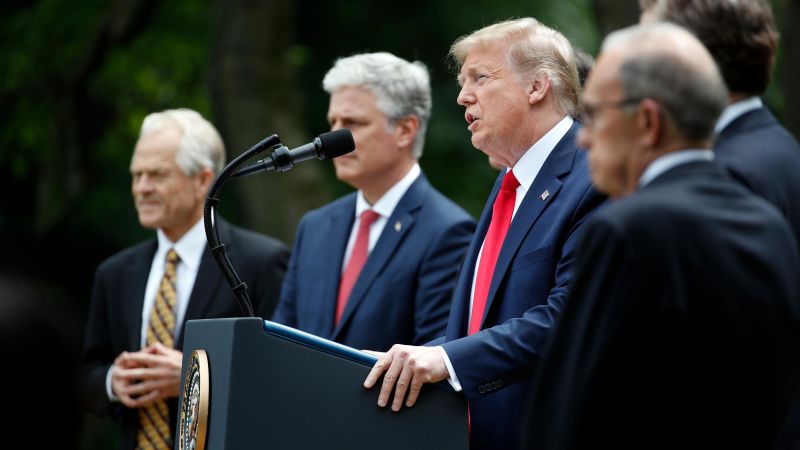
For decades, the WHO has played a critical role in coordinating global responses to pandemics, natural disasters, and other public health emergencies. From the Ebola outbreak to the COVID-19 pandemic, the organization has worked tirelessly to share knowledge, resources, and expertise to protect humanity from the most devastating health threats.
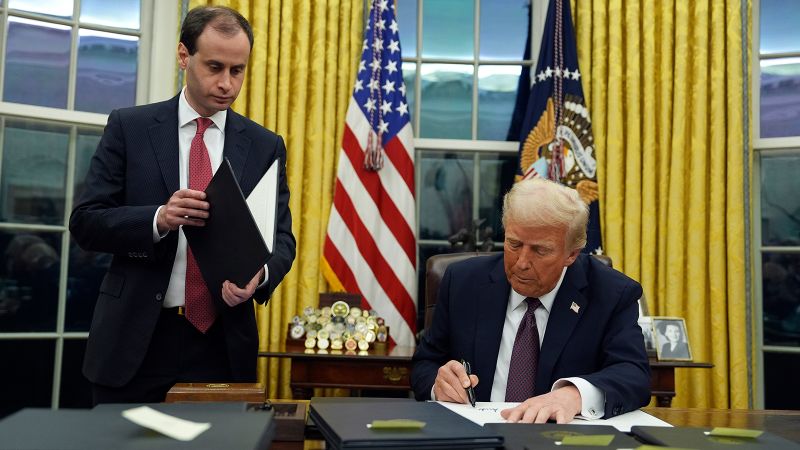
US Withdrawal from the World Health Organization: A Critical Analysis
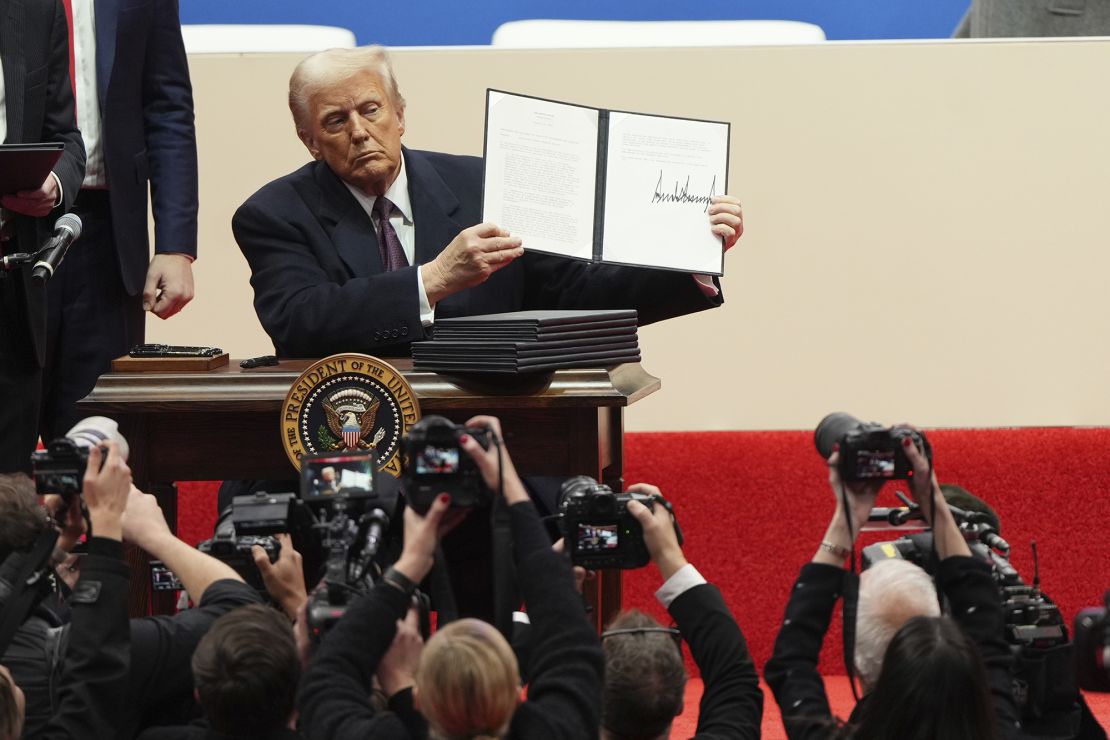
The United States has announced its withdrawal from the World Health Organization (WHO), a move that has drawn criticism from public health experts and international leaders. The decision, made by President Donald Trump, is seen as a significant blow to global health efforts and raises concerns about the future of international cooperation in addressing global health threats.
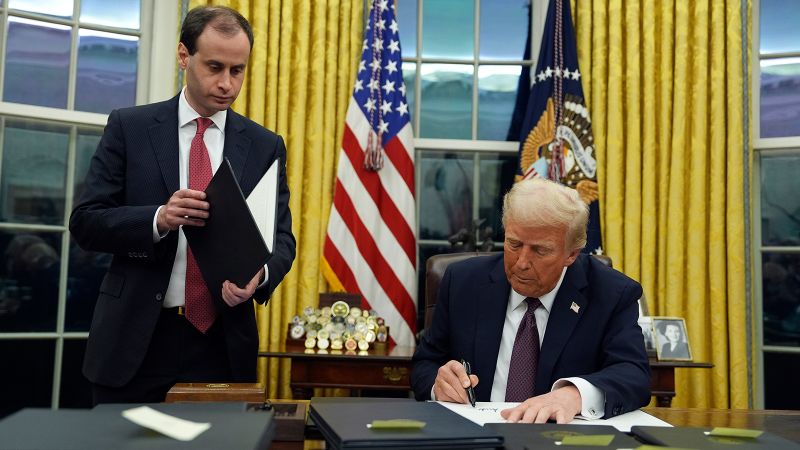
Background and Motivations
The History of US-WHO Relations
The US-WHO relationship has been complex and tumultuous over the years. In 2020, President Trump first tried to withdraw the US from the WHO, citing allegations of corruption, mismanagement, and undue influence from China. However, the move was halted by the incoming administration, led by President Joe Biden. Since then, the US has maintained a significant role in the WHO, contributing approximately 22% of the organization’s budget.
Trump’s Criticisms of the WHO
President Trump has consistently criticized the WHO, accusing it of being corrupt and failing to address the COVID-19 pandemic effectively. He has also claimed that the organization is too closely tied to China, citing concerns about the WHO’s response to the outbreak. In a recent statement, Trump said that the WHO had “failed to make the requested and greatly needed reforms” and that the US would be terminating its relationship with the organization.
The Role of the WHO in Global Health
The World Health Organization’s Mission and Goals
The WHO is one of the most important global health organizations, with a mission to “attain the highest possible level of health for all peoples.” The organization has several key goals, including promoting universal health coverage, reducing the risk of infectious diseases, and strengthening health systems in countries around the world. The WHO has been instrumental in responding to global health crises, including outbreaks of Ebola and COVID-19.
Consequences of US Withdrawal
Economic and Health Implications
The US withdrawal from the WHO is likely to have significant economic and health implications. The US is one of the largest donors to the WHO, and its withdrawal is likely to leave a funding gap that will need to be filled by other countries. This could lead to a loss of expertise and resources, as well as a reduction in the WHO’s ability to respond to global health crises.
Shift in Global Leadership
The Potential for China to Fill the Void
The US withdrawal from the WHO has raised concerns about the potential for China to fill the void left by the US. China has been increasingly vocal about its support for the WHO and has been working to strengthen its relationship with the organization. However, critics have raised concerns about the potential for China to exert undue influence over the WHO and to promote its own interests at the expense of other countries.
Impact on Global Health Cooperation
Challenges Ahead
The US withdrawal from the WHO is likely to create challenges for global health cooperation. The WHO plays a critical role in coordinating international responses to health emergencies, and its withdrawal is likely to leave a power vacuum that will need to be filled. This could lead to difficulties in responding to global health crises, such as pandemics and natural disasters.
Expert Opinions and Analysis
Lawrence Gostin, Public Health Law Professor
“The US withdrawal from the WHO is a strategic error. The WHO is a critical organization that plays a key role in promoting global health. Without the US, the WHO will be weaker and less effective in responding to global health crises. This could have serious consequences for public health, including the spread of diseases and the loss of lives.”
Dr. Ashish Jha, Former White House Covid-19 Response Coordinator
“The US withdrawal from the WHO is a big deal. The WHO is a critical organization that plays a key role in promoting global health. Without the US, the WHO will be weaker and less effective in responding to global health crises. This could have serious consequences for public health, including the spread of diseases and the loss of lives. China will fill the void, and this will give China more influence and power in the world.”
Conclusion
In a shocking move that sent shockwaves across the globe, former US President Donald Trump announced the country’s withdrawal from the World Health Organization (WHO) amidst the COVID-19 pandemic. As discussed in this article, the decision was met with widespread criticism from global leaders, health experts, and international organizations. The key points highlighted in this piece include the potential consequences of this withdrawal on global health cooperation, the implications for the ongoing pandemic response, and the concerns raised by the US’s decision to redirect funds allocated to the WHO.
The significance of this topic cannot be overstated, as the US withdrawal from the WHO has far-reaching implications for global health governance, diplomacy, and international cooperation. The WHO plays a crucial role in coordinating global responses to pandemics, promoting health equity, and providing technical assistance to countries in need. The US’s withdrawal not only undermines these efforts but also risks creating a power vacuum that may be exploited by other nations with competing interests. Looking ahead, the consequences of this decision are likely to be felt for years to come, with potential long-term effects on global health security, economic development, and international relations.
As the world grapples with the complexities of the COVID-19 pandemic and its aftermath, the US withdrawal from the WHO serves as a stark reminder of the importance of global cooperation and multilateralism in addressing shared challenges. In a world where infectious diseases know no borders, it is more crucial than ever that nations work together to promote health, security, and prosperity for all. As we move forward, we must ask ourselves: what kind of world do we want to build – one of isolation and fragmentation, or one of cooperation and collective action? The answer to this question will have a profound impact on the future of global health and our shared humanity.
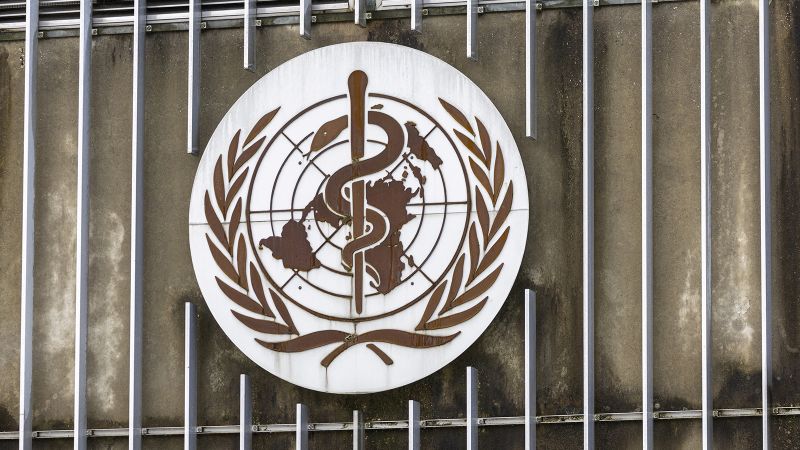



Add Comment